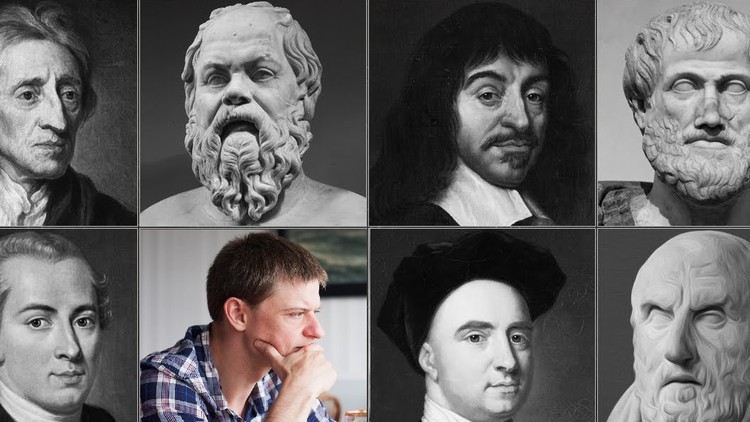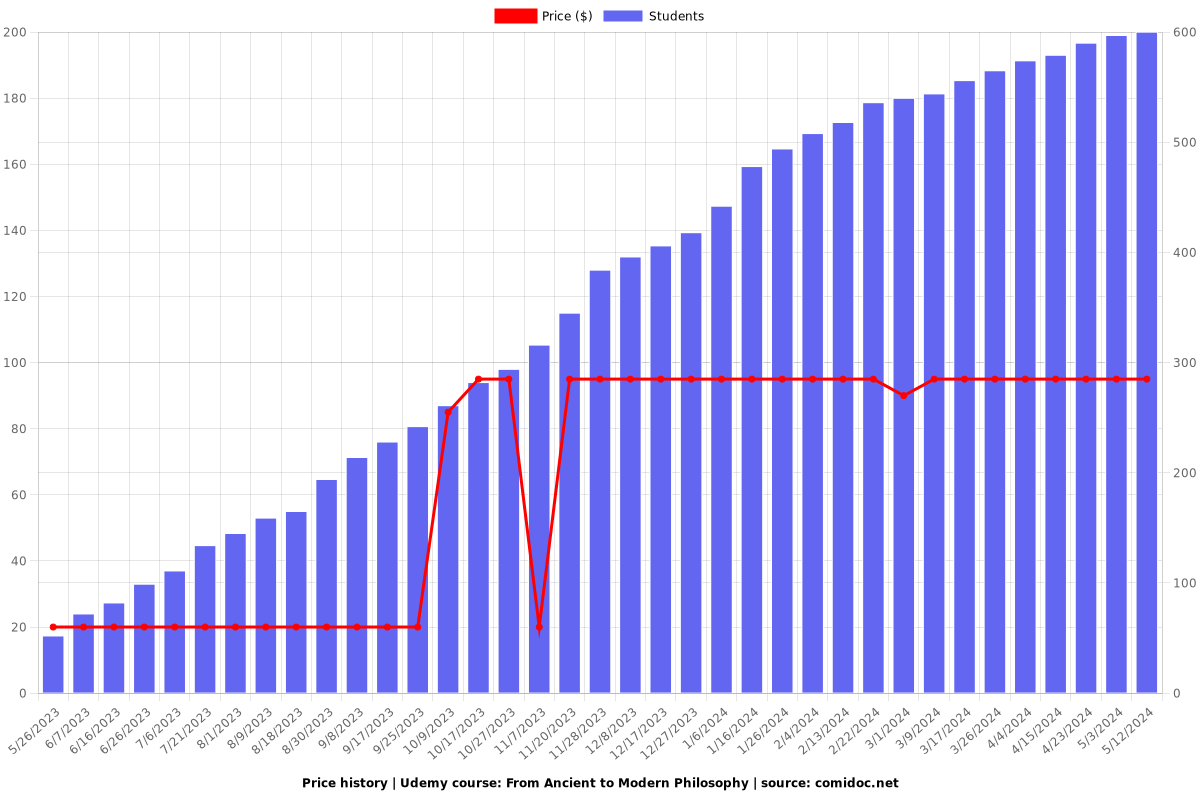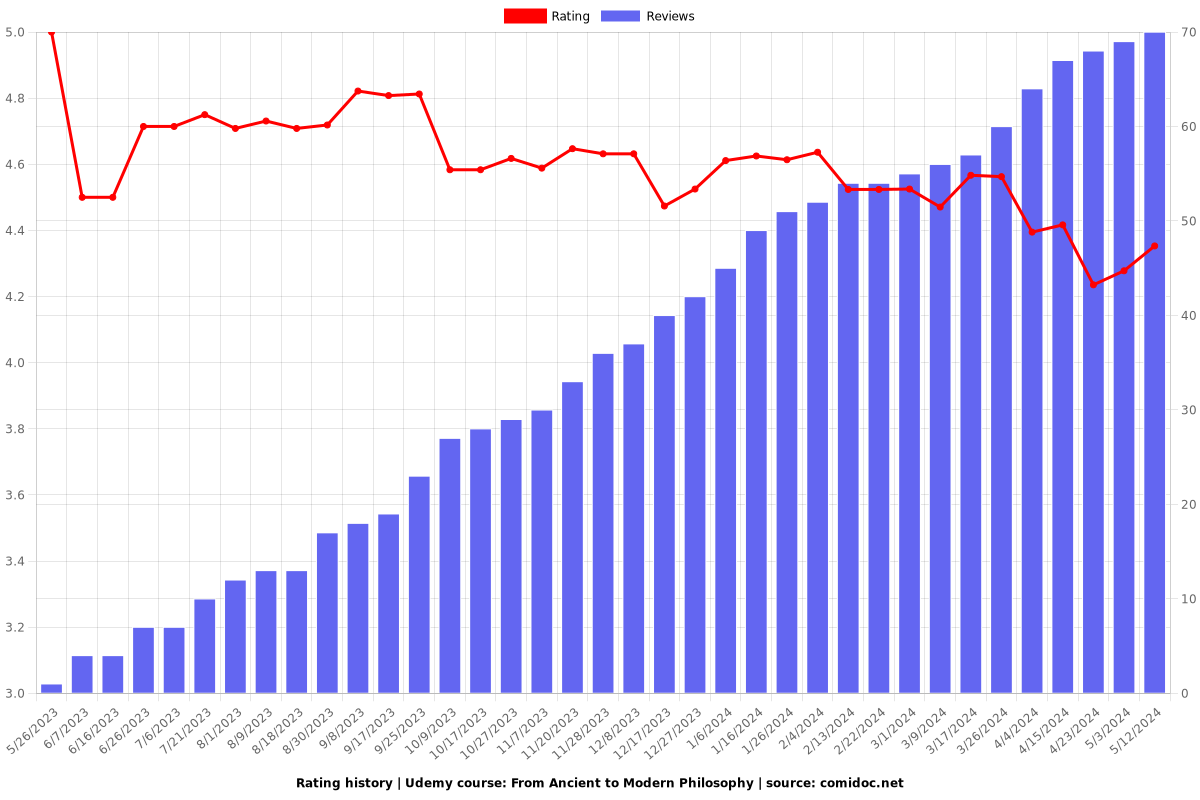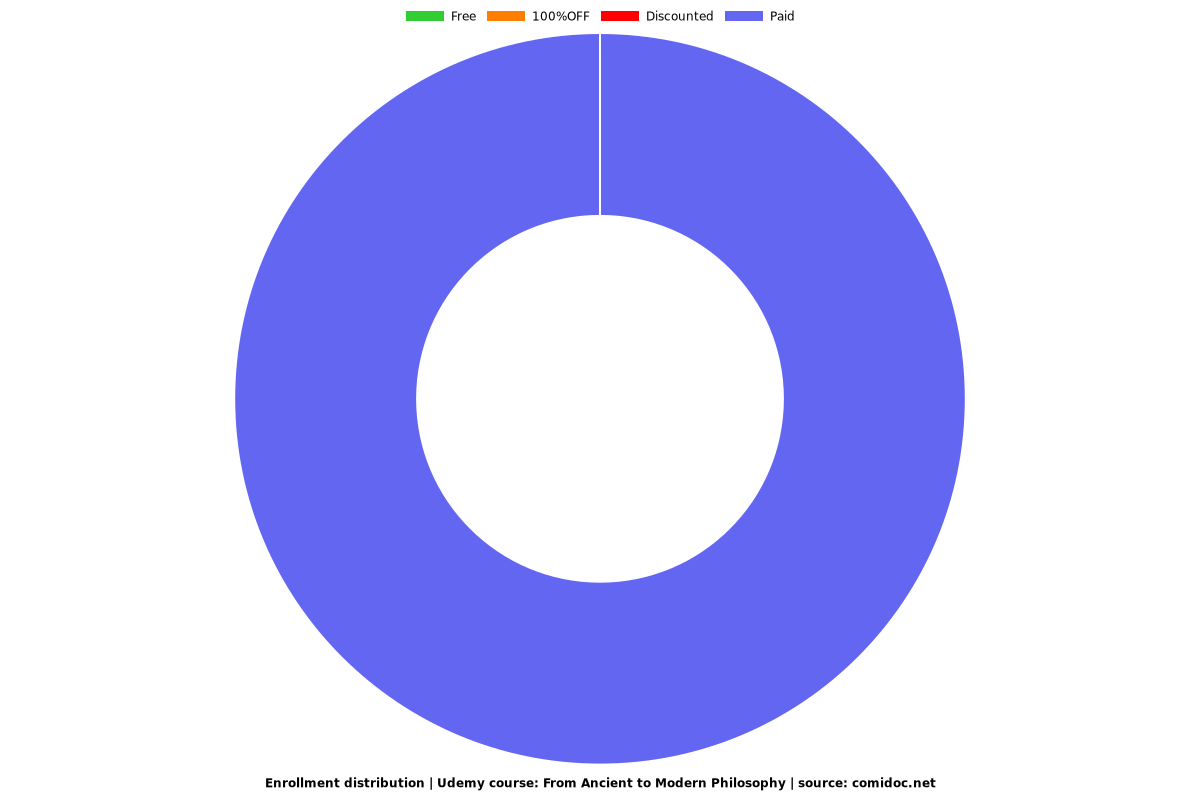From Ancient to Modern Philosophy
A broad overview of the ideas of the greatest philosophers

What you will learn
Gain an understanding of the development of thought in western society over the past 3000 years
Develop a keen appreciation of the fundamental tenets of various philosophical systems
Gain an understanding of the basic postulates of the most influential thinkers.
Develop an awareness of those philosophical questions which still remain unanswered
Cultivate your own approach to some of the most difficult philosophical problems.
Why take this course?
This series of lectures covers the main claims of western philosophers in chronological order, starting with the pre-Socratics and ending with twentieth century philosophers. More and more lessons will be added in the future; I am a passionate student of philosophy who enjoys discussing and sharing these ideas with others. There are no quizzes or assignments on this course, but there are 15 hours of lectures (so far).
Even though only a few fragments have survived from the writings of the pre-Socratics, we can still trace a logical development in their thought, which began with the worlds of being and becoming, and ended with the 'atoms and void' of Democritus, which is arguably the basis of modern chemistry. The stoics, the cynics, and the Epicureans flourished in Greece and Rome in a later period, developing ethical systems and building on the ideas of earlier thinkers. Plato wrote his 'Republic' at around this time, which has had a bigger impact than any other philosophical work, so we go through the ideas of this book in great detail. Aristotle was the student of Plato, but he developed a different metaphysical system. His system was greatly admired by Thomas Aquinas, who modified his ideas to support his own Christian beliefs. Two philosophers, Machiavelli and Hobbes, are perhaps the founders of modern political philosophy, so we examine their work next. The father of modern philosophy, Rene Descartes, developed a form of rationalism and had a tremendous influence on both mathematics and the scientific revolution. The rationalism of Descartes, Spinoza, and Plato argued that the chief source of all knowledge was to be found in deductive reason; in contrast, the British empiricists (Bacon, Locke, Berkeley, Hume) claimed that the only source of knowledge was obtained via the senses. While Bacon and Locke asserted that there must be a real world that causes our perceptions (realism), Berkeley contended that our perceptions are all we have (idealism). Kant created a new system, which he called 'transcendental idealism', in an attempt to deal with the arguments of the realists and idealists. Schopenhauer was a great admirer of Kant's ideas on time and space, but he suggested that Kant's famous 'thing-in-itself' was knowable in some sense, and he identified 'the will' as being the 'thing-in-itself'. Nietzsche took Schopenhauer's 'will' and turned it into the 'will to power', while Freud considered it a 'will to pleasure'. In the twentieth century, Heidegger arrived, ushering in a new age of existentialism.
Reviews
Charts
Price

Rating

Enrollment distribution
